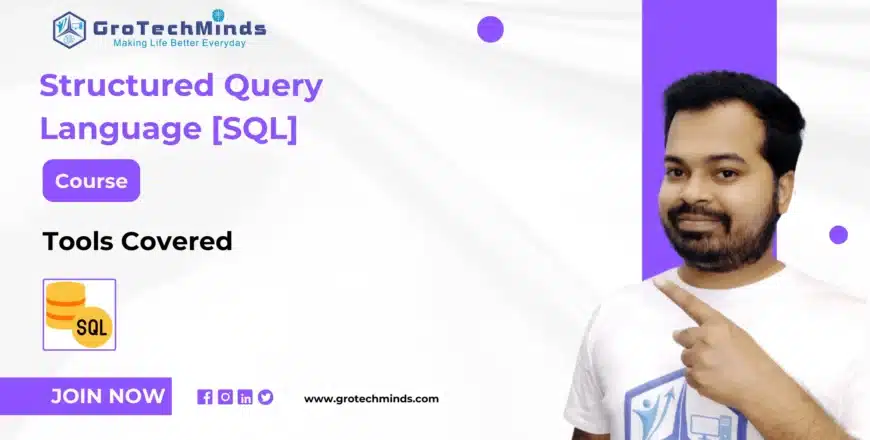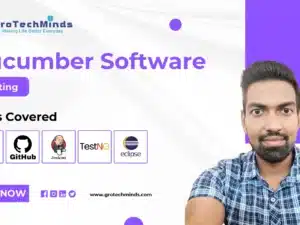SQL COURSE
- Description

SQL Course overview
SQL Course Outcome
- Gain an understanding of both fundamental and advanced concepts in Structured Query Language (SQL).
- Develop proficiency in writing SQL queries for data retrieval, updating, and manipulation in relational databases.
- Acquire knowledge of database design principles, normalization, and database management systems (DBMS).
- Learn to design and implement complex databases.
- Develop skills in writing efficient SQL queries and adhering to best practices for database management.
SQL Tool
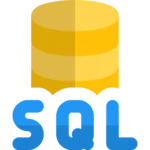
SQL Course Features
- Comprehensive Curriculum
- Expert Instructors
- Interactive Learning
- Weekly Tests
- Feedback and Assessment
- Real time Projects
- Continuous Support
- ISO Certification
- Mock Interview
- Unlimited Placement Support
Introduction to Database-use cases
- What Is a Database?
- Why do we need Database?
- Practical examples of Database?
- What is SQL?
- What is a Database Management System (DBMS)?
- What is a Relational Model ?
- Introduction to RDBMS
Data Integrity-web
- What is data integrity?
- What is the use of data integrity
- What are Data Types ?
- What are Constraints?
- Not Null
- Primary Key
- Foreign Key
- Check
- Unique
Statements in SQL
• Data Definition Language (DDL)
• Data Manipulation Language (DML)
• Transaction Control Language (TCL)
• Data Control Language (DCL)
• Data Query Language (DQL)
Software mysql server installation
• Installing and set up of software
• We will be working on mysql server
When to use following
• From
• Where
• Group By
• Having
• Order By
Operators
• Comparison operators
• Logical operators
• Special operators
Functions in SQL
Max ()
Min ()
Sum ()
Avg ()
Count ()
upper()
lower()
rank()
dense_rank()
Sub Query
• Introduction to Sub Query
• Problems on subquery
• Query Writing and Execution on DBMS practical class
JOINS
• What Is Join?
• Types of Joins.
• Cross join Join
• Inner Join syntax and queries in DBMS
• Outer Join syntax and queries in DBMS
• Self-Join syntax and queries in DBMS
• Left Outer Join syntax and queries in DBMS
• Right Outer Join syntax and queries in DBMS
• How to join 2 tables and 3 tables?
• Queries and Examples.
Data Definition Language (DDL)
• Create
• Rename
• Alter
• Truncate
• Drop
Data Manipulation Language (DML)
• Insert
• Update
• Delete
Transaction Control Language (TCL)
• Commit
• Save point
• Rollback
Data Control Language (DCL)
• Grant
• Revoke
Normalization
• Introduction to Normalization
• Types of Normal Forms
• Examples.
- Beginners looking to start a career in data analysis or database management.
- Data analysts seeking to enhance their SQL skills for querying and manipulating data.
- Database administrators aiming to deepen their understanding of SQL for database management.
- Software developers interested in integrating SQL databases into their applications.
- Anyone looking to learn SQL for personal or professional development.
- Designed to enhance skills in data validation and verification.
- Helps in writing SQL queries for data retrieval and manipulation in testing.
- Benefits testers aspiring to transition into roles requiring SQL proficiency.


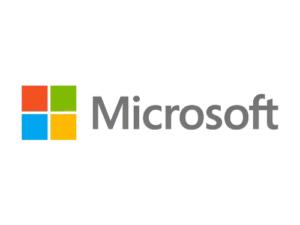

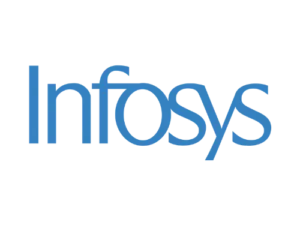
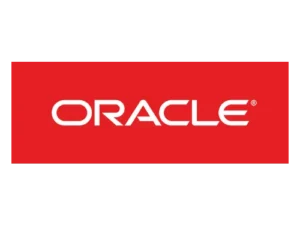
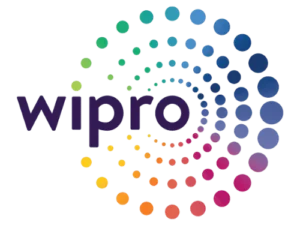
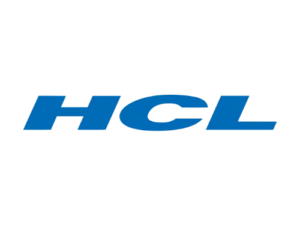
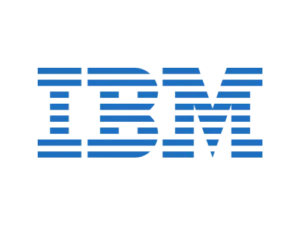
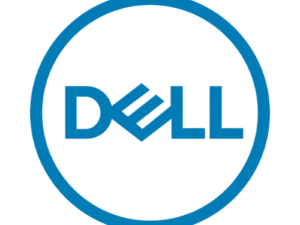

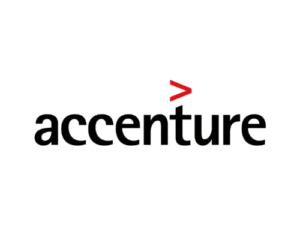

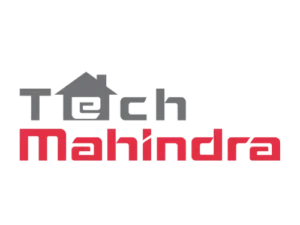
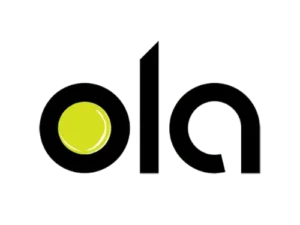

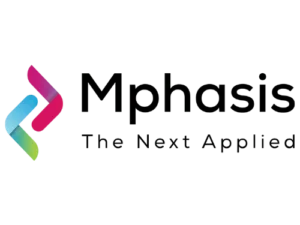

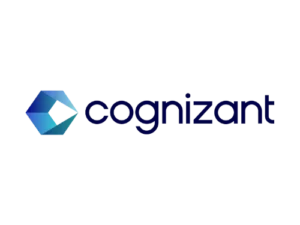
SQL, or Structured Query Language, is a programming language used for managing and manipulating data in relational databases. It is the standard language for interacting with databases and is used for tasks such as retrieving data, updating records, and performing various operations on databases.
The SQL course covers fundamental and advanced concepts of Structured Query Language, including database design, data manipulation, and querying. Participants will gain practical skills in managing and retrieving data from databases.
Yes, the course includes hands-on exercises and projects to provide participants with practical experience in applying SQL concepts. This ensures a comprehensive understanding of the language through real-world scenarios.
Yes, technical support is usually available to assist participants with any course-related issues, ensuring a smooth learning experience.
The course covers SQL, which is a standardised language for managing relational databases. While examples may be demonstrated using a specific database system (e.g., MySQL, PostgreSQL), the skills acquired are transferable to various database platforms.
SQL is important in manual testing because it allows testers to validate data, test database interactions, manipulate data, extract data for reporting, and verify backend functionality.
Essential skills in SQL programming include a strong understanding of relational database concepts, proficiency in SQL syntax for querying and managing databases, knowledge of data manipulation techniques, database design principles, indexing, performance tuning, data integrity, transaction management, and security.
Test case creation in SQL involves identifying the test scenario, designing the test case with SQL queries, specifying test data, outlining expected results, executing the test case, verifying results, and documenting the test case.
APIs are used for communication and integration between software applications, while SQL is used specifically for interacting with and managing data in relational databases.
This SQL course is for beginners, data analysts, database administrators, software developers, and anyone interested in learning SQL.
No, you do not need any prior experience in software testing for the SQL course. The course is designed for beginners and covers the fundamentals of SQL from scratch.
Our Manual SQL Course runs 20 days and includes real-time tasks and assignments. This combination of theoretical learning and hands-on experience ensures that students have an in-depth knowledge of SQL in a short period of time.
Yes, you will have Three Years of access to the course materials even after the course concludes. We believe in providing ongoing support to our learners, allowing you to review and reference the materials at your convenience.
Absolutely, this SQL Course will help you advance in your career. You’ll be well-prepared to do well in the software testing area if you learn fundamental manual testing skills and gain hands-on experience with real-world projects.
Yes, GroTechMinds offers ISO Certification to students who successfully complete the course. This certification is a valuable credential that allows students to demonstrate their acquired skills and greatly enhances their job opportunities.
As an educational technology company, we provide a range of courses, including automation testing, manual testing, software development, and ethical hacking. Our courses aim to offer students technical learning experiences. What sets us apart is that all our courses feature real-time, project-based learning supported by industry experts who serve as our instructors.
